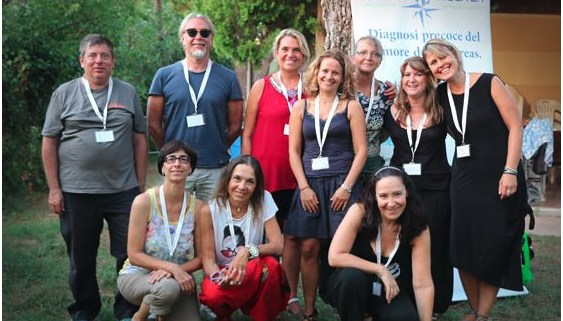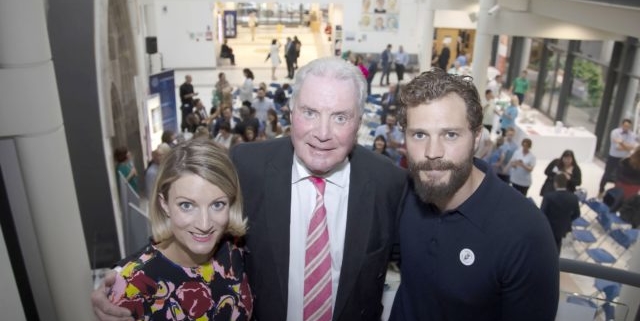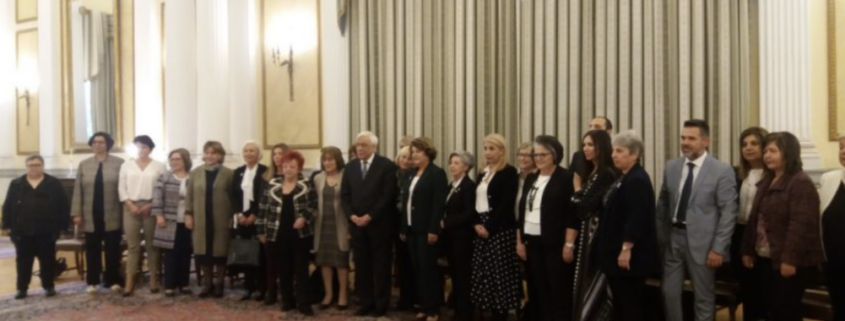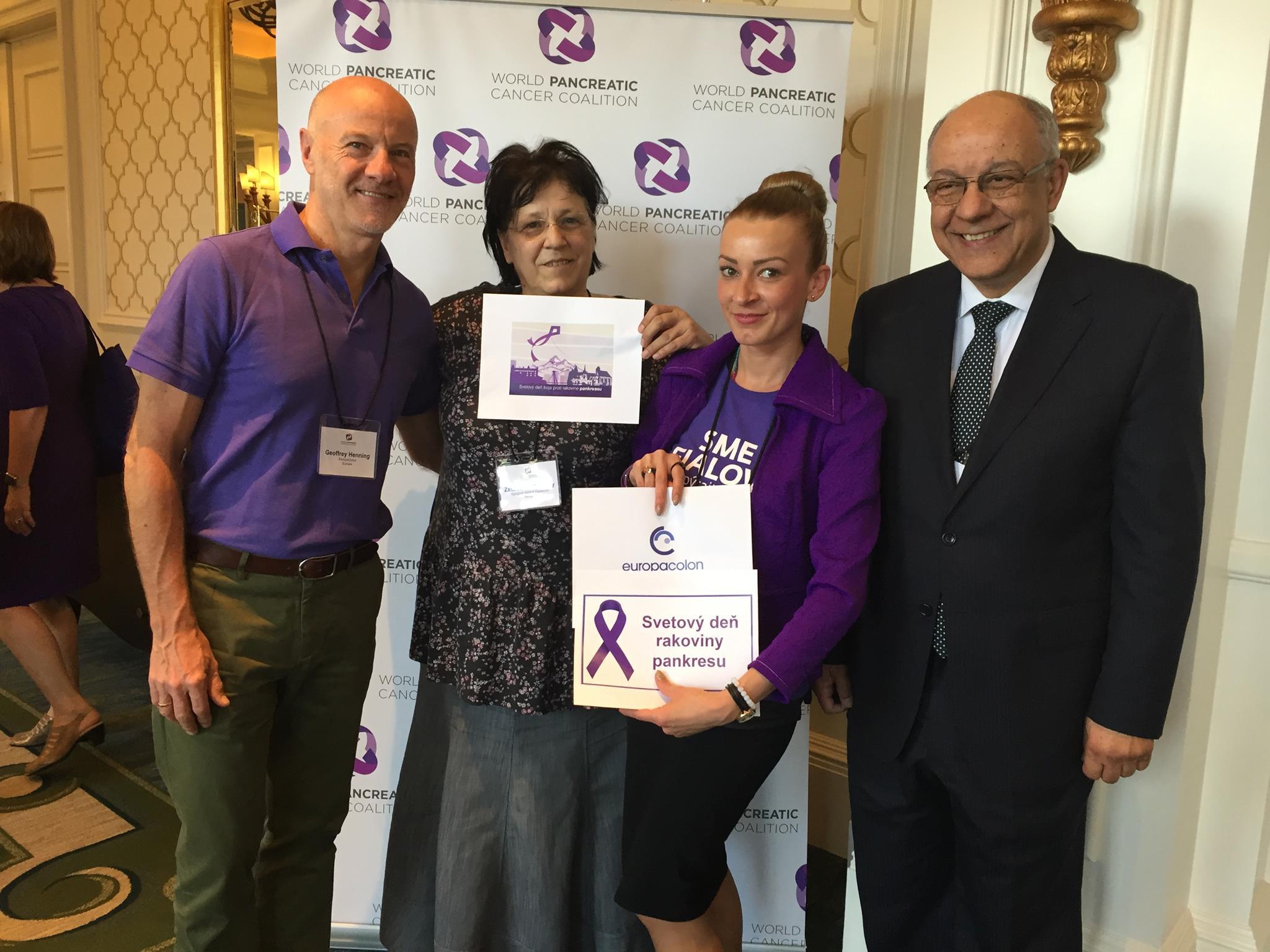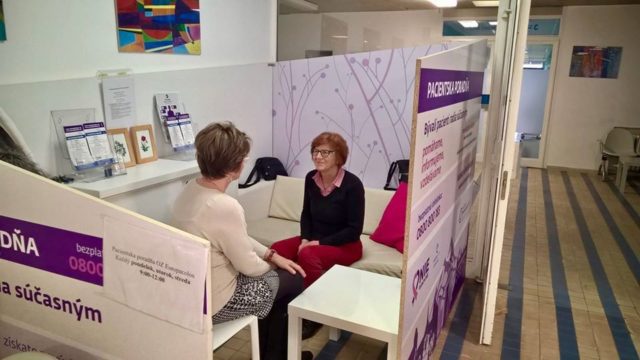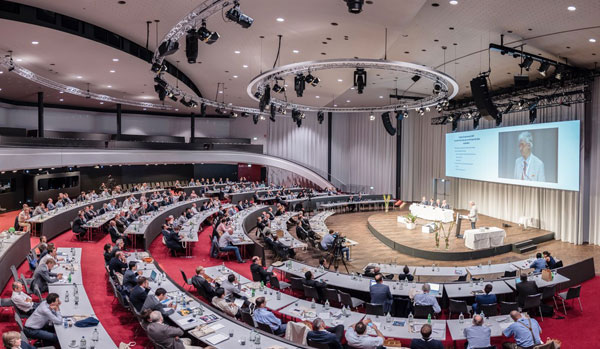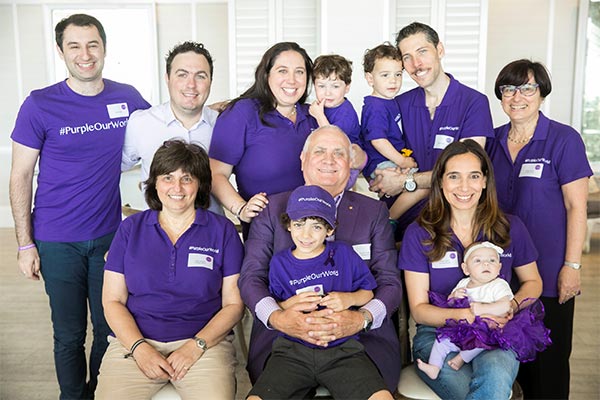The Oltre la Ricerca Team
Oltre la ricerca is a non profit organization founded in Rimini (northern Italy) in 2012 by Francesca Gabellini, after the loss of her husband Luca, affected by pancreatic cancer. Luca was 42 years old when he passed away, leaving a 6 month old son. Francesca experienced many issues during Lusa’s illness and she is now determined to turn on the light for pancreatic cancer patients.
We are a charity that creates a bridge between pancreatic cancer patients and institutions, hospitals, general practitioners, dietitians, psychologists and surgeons. It has been shown in other cancers that increasing awareness of the disease can have a very strong impact on the ability to manage the illness.
Oltre la ricerca is proud of our volunteers that actively share good practice, proper life style (such as healthy diet and fiscal activity), early detection strategies and cooperation between hospitals and territory in order to support pancreatic cancer’s family. Our fundraising is based on show cooking and local markets
Oltre la ricerca’s main objectives are to:
- Provide nutritional support and recipes Encourage an open dialogue between general practitioners, surgeons, oncologists and patients
- Provide grants for case manager nurses and/or dietitians
Oltre la ricerca proudly belongs to World Pancreatic Cancer Coalition because sharing information under international cooperation is the right way to win the battle. The more in contact we are, the faster we can obtain significant results for patients. This is our hope and our desire, we need to open our minds and trust each other.

